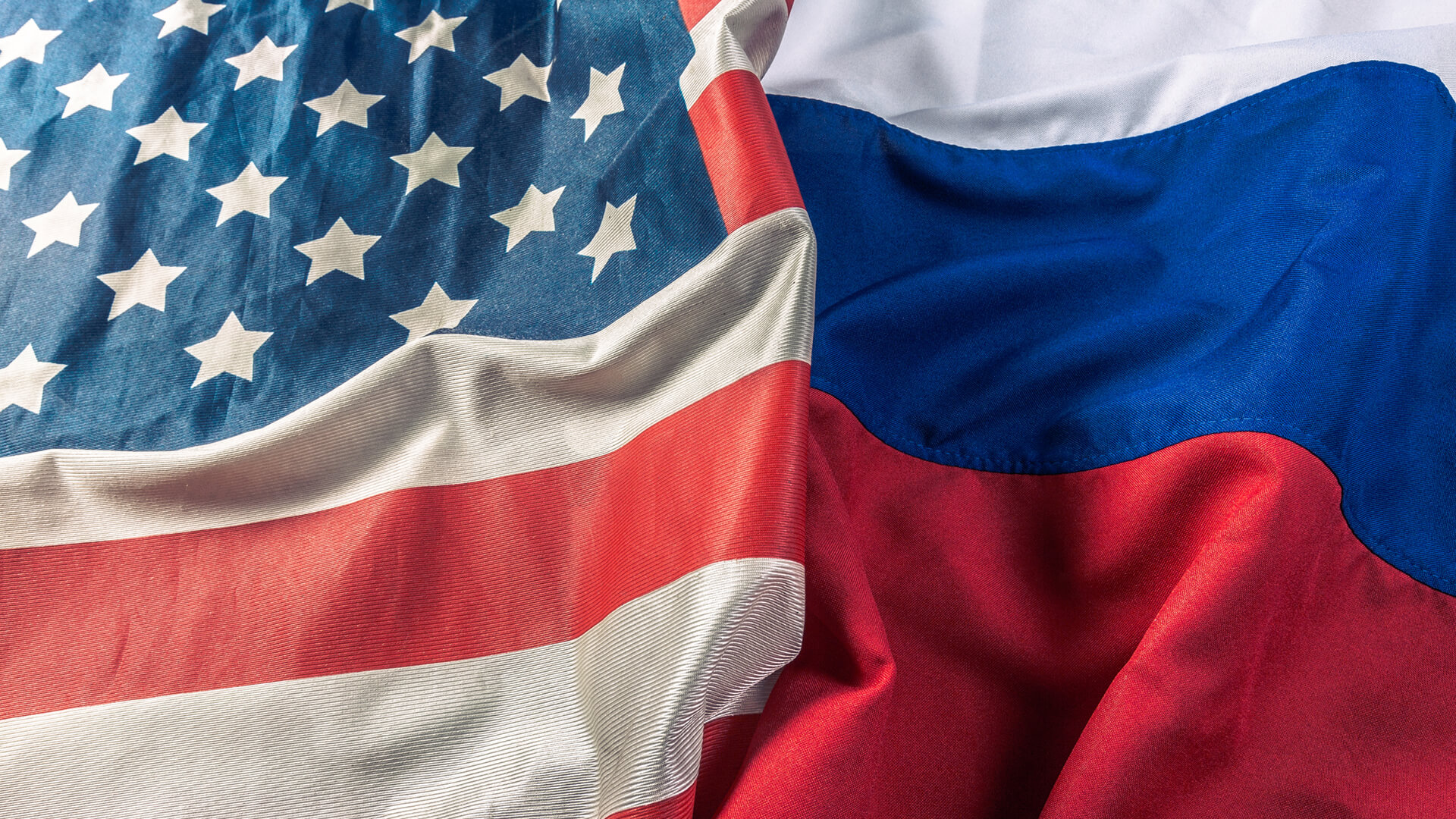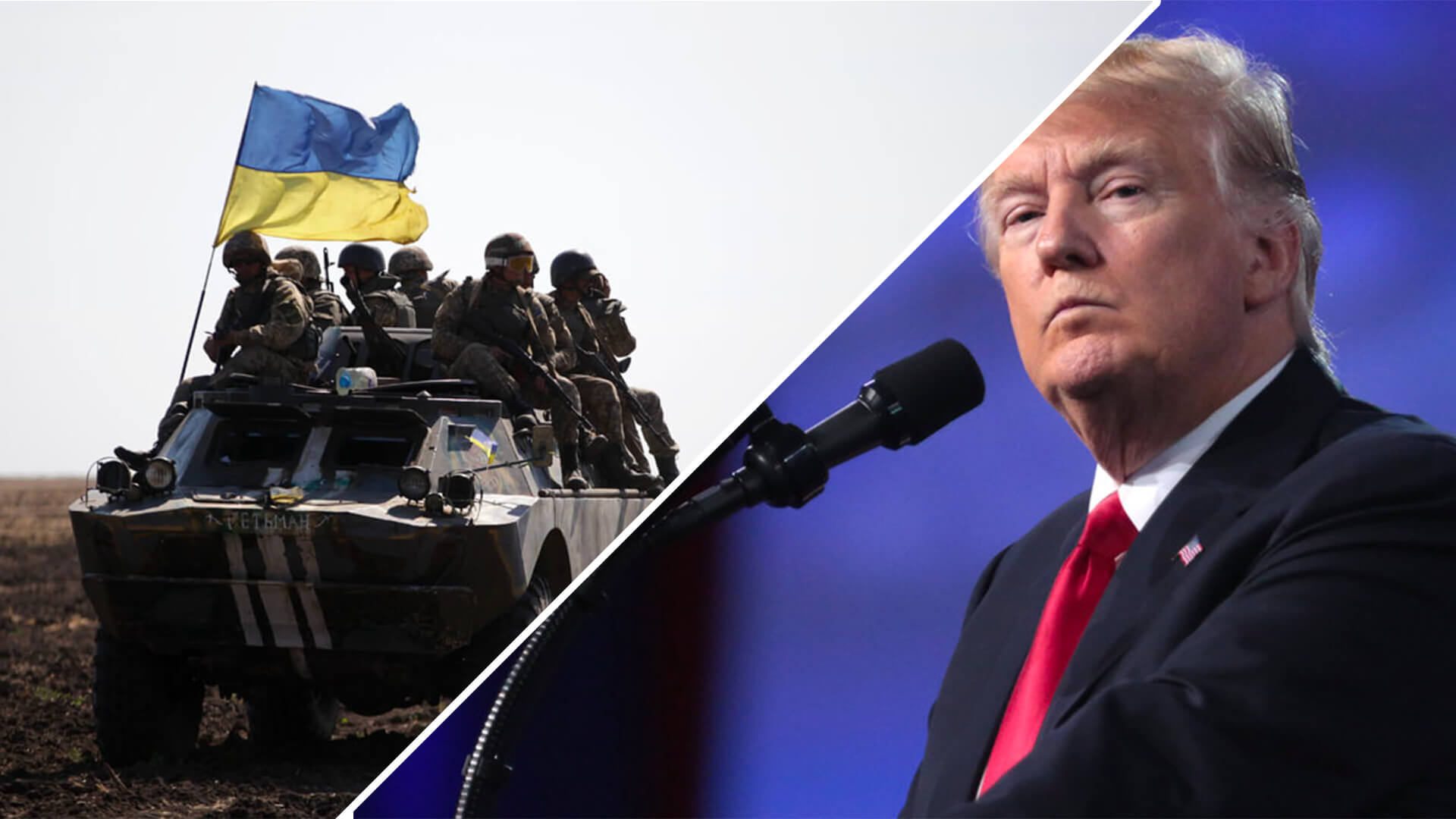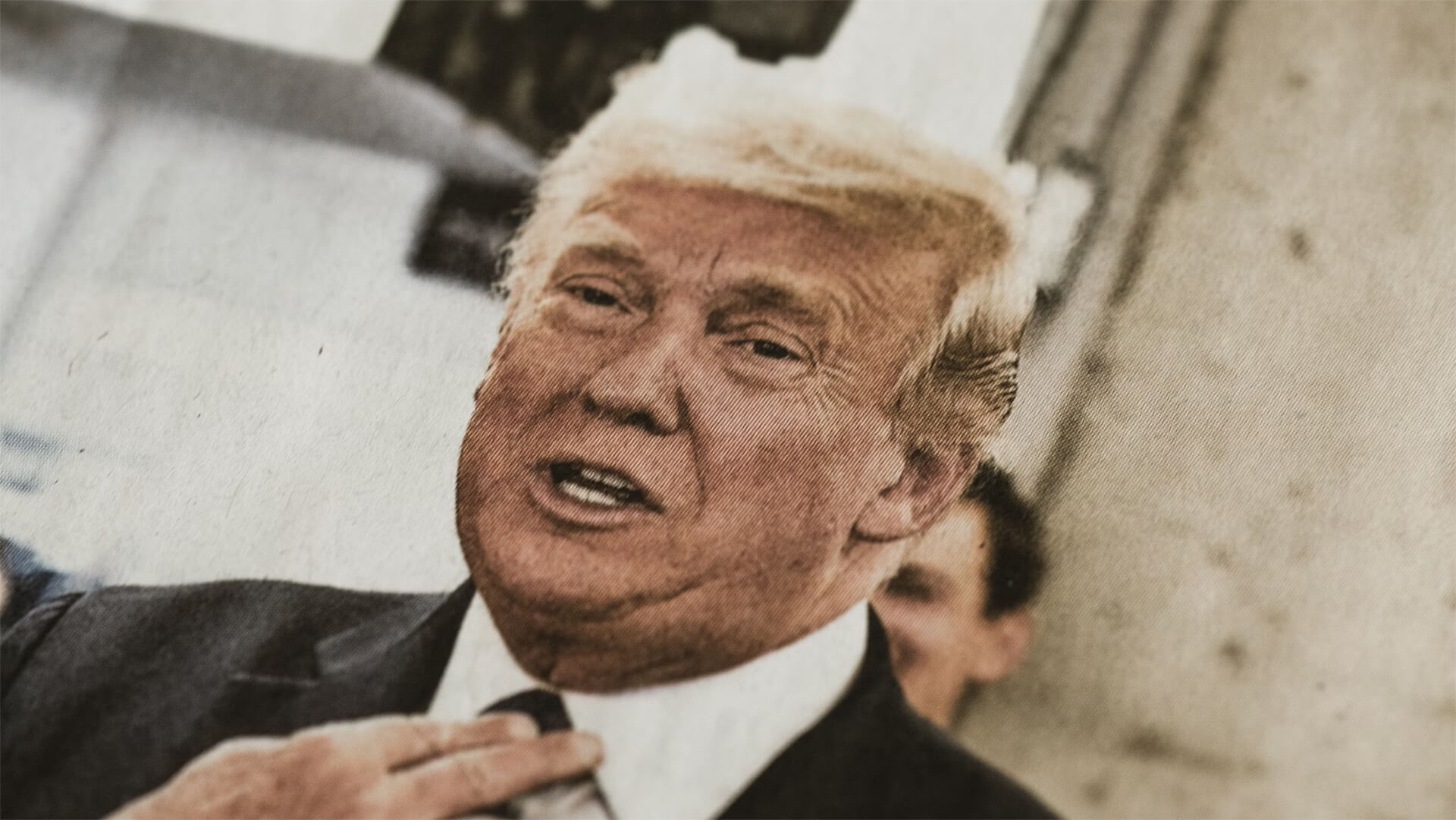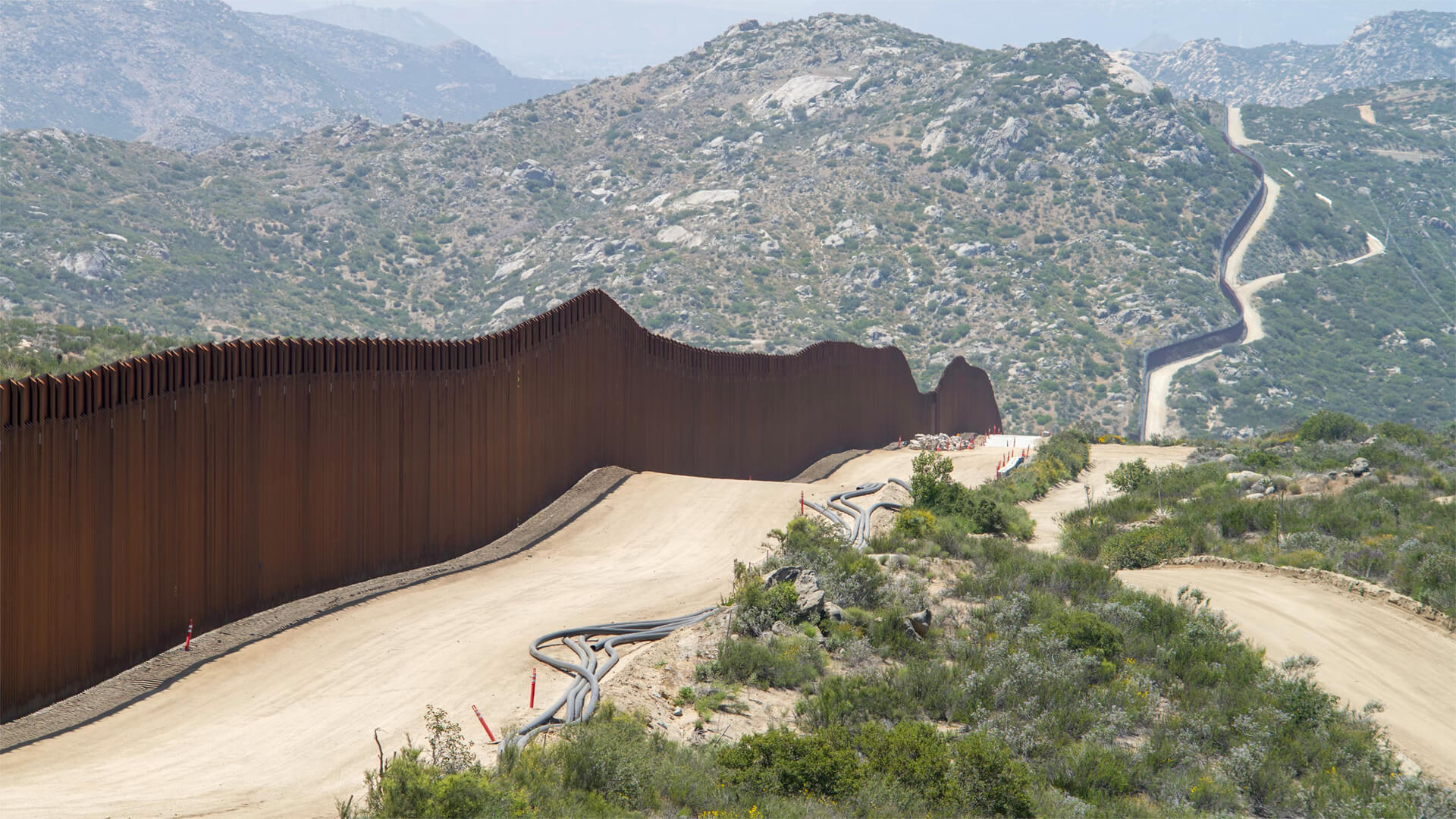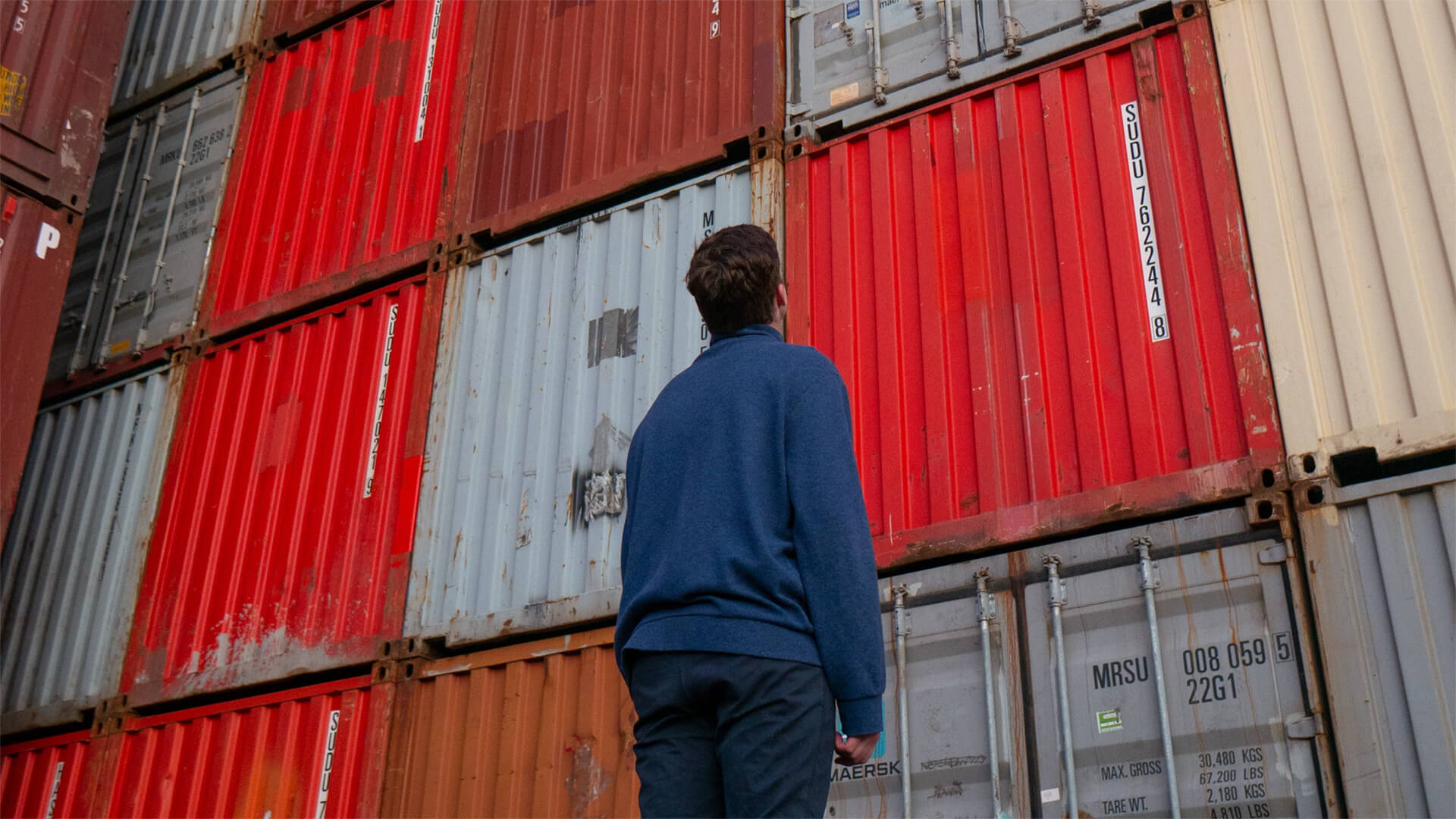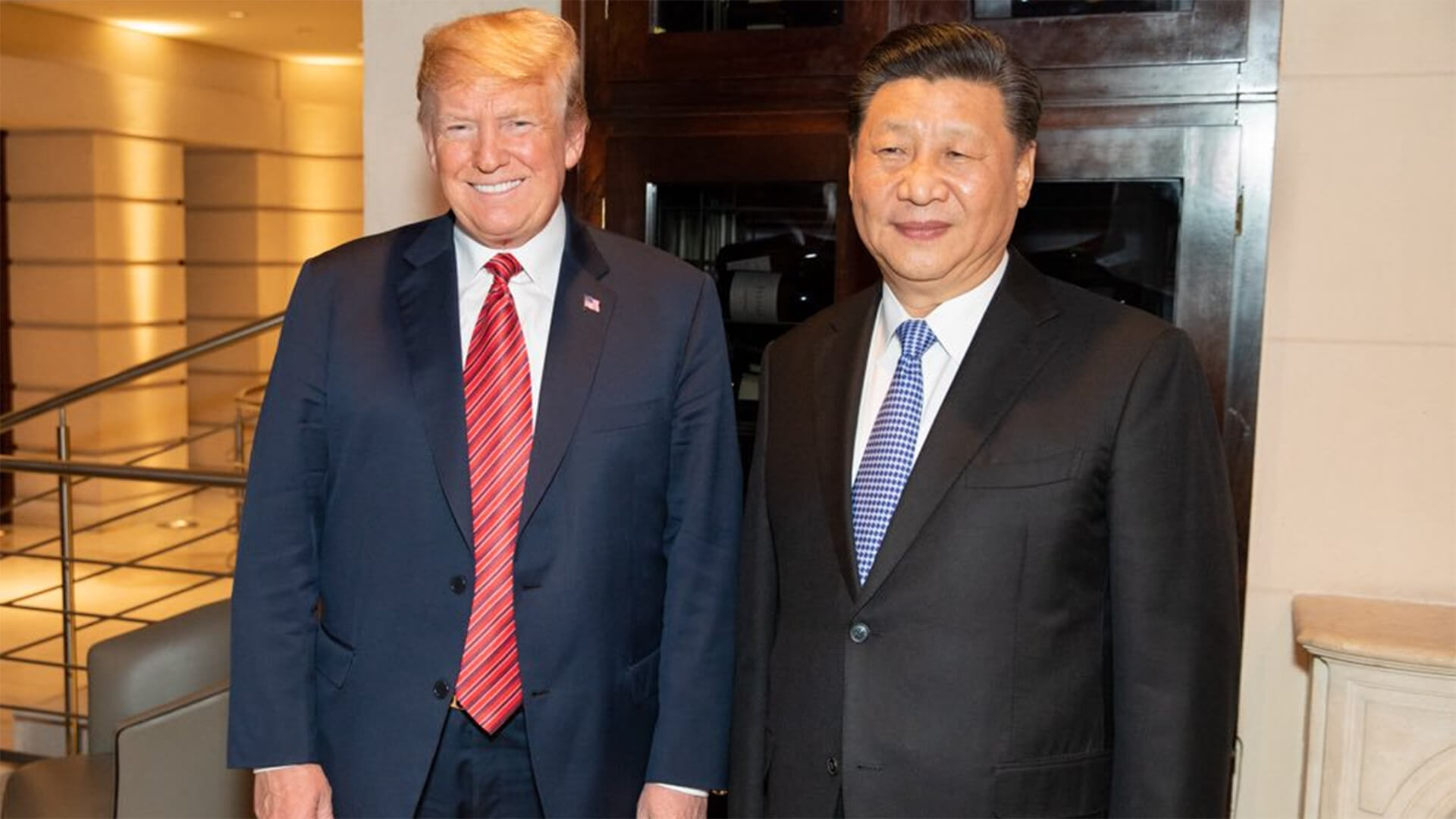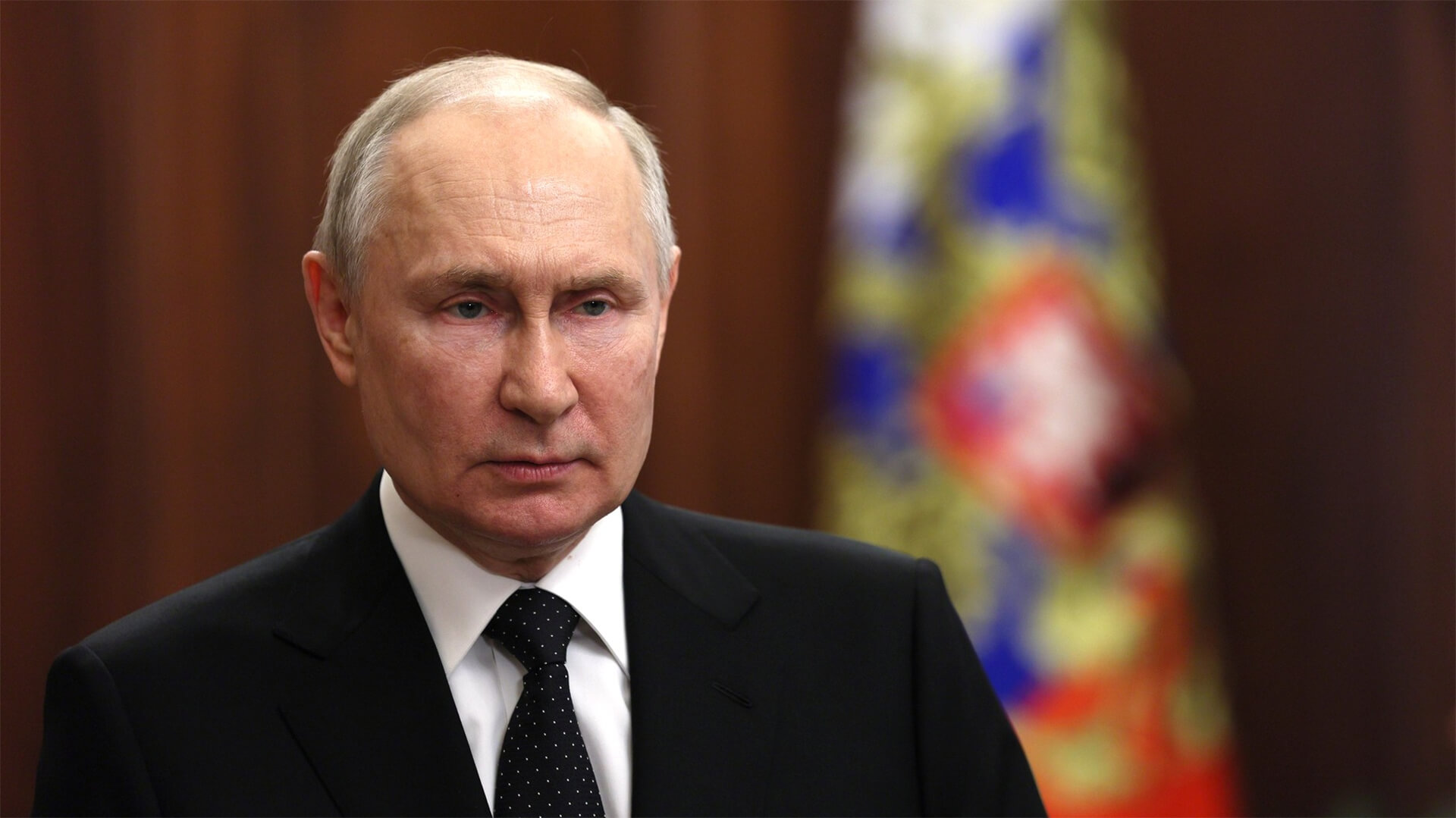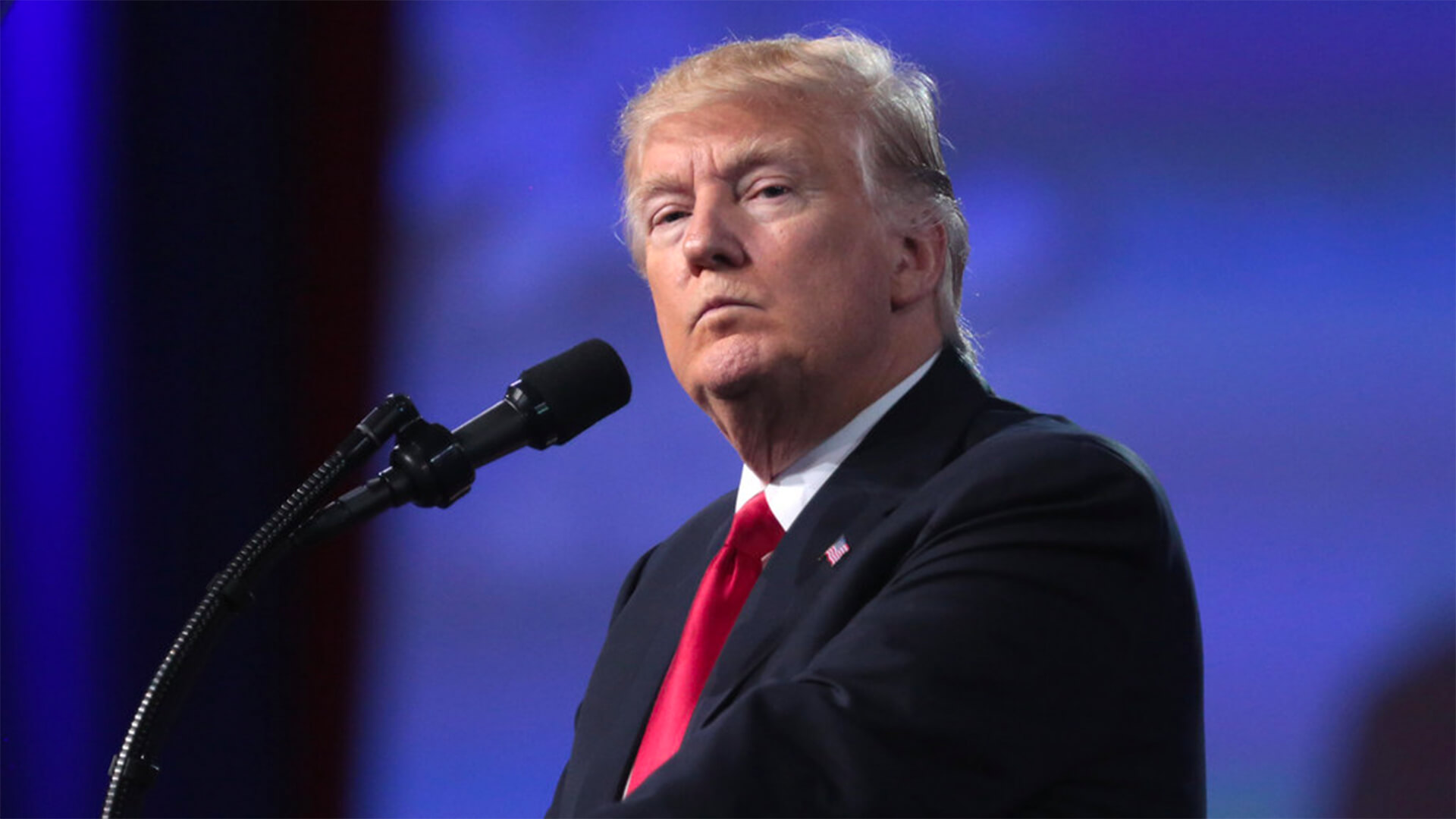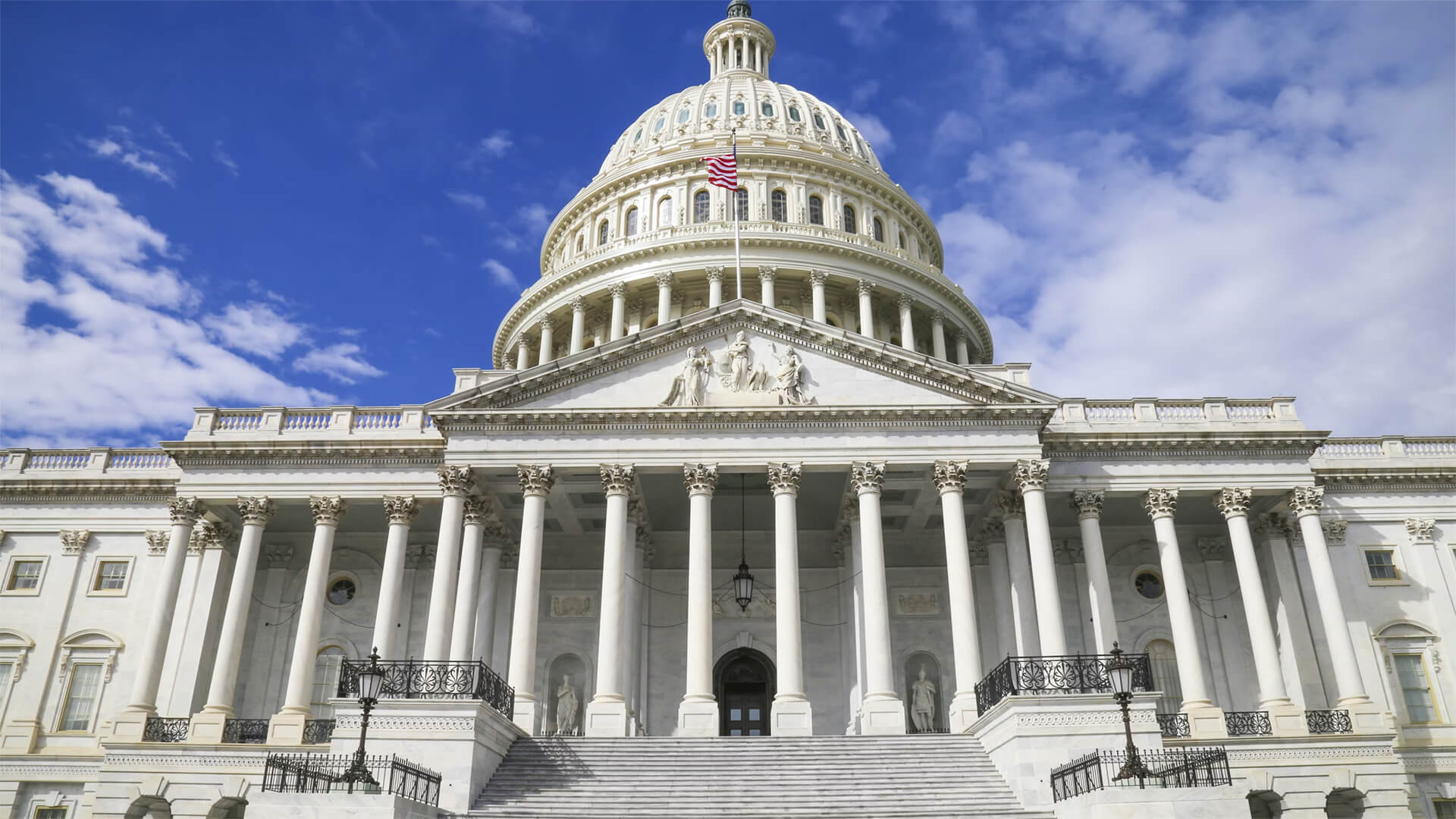There’s been a slew of US policy changes that the Trump administration has laid out. I’ve done my best to explain away as many as I could with conventional political reasoning, but I’m not sure I can anymore. Today, I’m going to be laying the foundation for a multi-part series on what is happening in Washington.
The list of policy changes is far too long to mention every single one, but some of the heavy hitters are: Ukraine aid suspension, trade tariffs, government firings and bureaucratic disruptions, and major foreign policy shifts. Again, I’ve tried my best to justify these moves using all the frameworks at my disposal, but when the things I’m seeing can’t even be rationalized away with MAGA ideology or incompetence…something more concerning could be shifting in US governance.
This series will explore the departure from traditional American policy that we’re currently seeing, what that means for the future trajectory of the US, and what the actual f*** is going on.
Here at Zeihan on Geopolitics, our chosen charity partner is MedShare. They provide emergency medical services to communities in need, with a very heavy emphasis on locations facing acute crises. Medshare operates right in the thick of it, so we can be sure that every cent of our donation is not simply going directly to where help is needed most, but our donations serve as a force multiplier for a system already in existence.
For those who would like to donate directly to MedShare or to learn more about their efforts, you can click this link.
Transcript
Hey, everybody. Peter Zeihan here. Coming to you from Colorado. This one is going to be awkward. I am absolutely not a conspiracy theorist. In fact, I last five years, spent a substantial amount of my time, talking people down from theirs. But, so much has gone down in the last just couple of weeks that I am having a hard time ascribing changes in American policy, both at home and abroad, to a more conventional theory.
This isn’t MAGA policy. This isn’t policy incompetence on the part of the administration. This is something else. And bear with me as I kind of lay it all out. And, we’re going to see where it goes. I’m recording this on the 4th of March, and the two big pieces of news for the day are.
Let’s start with, Ukraine. The Trump administration immediately suspended or suspended, effective immediately. All military aid of all types to Ukraine, including anything that was in transit and had already been, budgeted, paid for and piloted and moved, with the equipment that the Ukrainians would have receive for the United States, they probably could have kept fighting until mid-summer, without help.
Now, a lot of things are up in the air. Geez. Let’s start with explain why this isn’t a Maga thing. Well, people say that all this money has been given, and like, there’s a big truckloads of cash go is like. No, I mean, the total value of the stuff is somewhere between 100 and 50, 285 billion.
But think of it this way. When you clean out your closet at home, to make room for your new stuff after Christmas, and you take it to goodwill. How much do you say it’s worth when you fill out that little form at goodwill? What it’s worth when you bought it. And, what the military has done is basically gone through their old stores of things they haven’t used literally in decades.
Reported them for the cost that it took to to build them and then adjusted for inflation and for about 70% of the total number that is the donation. And so you’re talking about old equipment we weren’t using that was marked at a value that’s probably higher than it ever was worth. Of the rest, 10 to 15% is ammo and more legitimate equipment legitimate is and current.
And then the rest is cash. So really you’re talking about a total value given that’s well under 40 billion, chump change. In addition, the Russians have been pointing, nuclear weapons at me, not just my entire life, but since the 1960s. And they have abrogated every arms agreement that the United States has ever signed with them in every conventional arms agreement they have ever signed with any country, ever.
In the modern era, if there is going to be a war between the United States and anyone over the next three decades or so, it’ll probably be with the Russians. So for having the Ukrainians basically take our hand-me-downs and fight the Russians to a standstill, that’s a national security win and an economic win by any possible measure.
And so I’ve seen that just twisted around and dropped is a problem. And that’s before you consider that we now have, the Trump administration, not casually, but actively, deliberately breaking relations with all of our closest allies up to including the United Kingdom. And now regular calls throughout Congress, not just for this or that, NATO leader to resign or Zelensky of Ukraine, of course, but actually withdraw the United States from day to all completely.
Now, you might be able to say that there’s a strategic argument to be made here, or at least a discussion we had, and that’s fine. But this is just like one of like 20 things I want to talk with you about today. This you know, all by itself this is a problem. The second big one that happened today is the imposition of a 25% tariff on everything coming from Mexico and Canada, Mexico and Canada.
Our number one and number two, trading partners and, everything, every everything that we do in the world of manufacturing is integrated with them across borders. And so by doing a blanket tariff, lots a lot warmer out here than I thought it was by doing a blanket tariff. What that’s basically done is made most American manufacturing, non-viable almost overnight.
No, there are certain types of manufacturing that may in time prove to be exceptions to this. There’s some very high end stuff, like in medicines, maybe. But if it involves anything that you think of as manufacturing, you know, an assembly line, a production floor that basically doesn’t stop, but it’s now no longer viable versus important stuff that comes from beyond North America.
So the biggest winners of this by far are the Chinese, where they already have competing industrial plants from running. And if you look forward to the world that we’re moving to, where the Chinese are disintegrating because of the demographic situation, we have a limited amount of time to prepare for a world where Chinese industrial plant just isn’t there.
And what Trump did by threatening the tariffs a couple of months ago and now implementing them today, is even before today, new investment into the United States in North America had frozen completely because no one knew what the situation was going to be. He introduced what we like to call regulatory uncertainty into the situation. And now that the tariffs are in place and people know what the math is, no one’s going to come here because the economic case is now been destroyed, and that will set us up for a situation years from now when the Chinese system finally fails, where we don’t have an industrial front in place and we’re going to have significantly higher inflation. Trump, of course, loves tariffs. And also today he said he’s going to put a 40% tariffs on all agricultural imports. Now, the United States is a large country that grows a lot of its own food. We’re the world’s largest agricultural exporter. We have a very wide variety of climate zones, but we don’t have all of them.
And so if you go into any supermarket, especially if you’re looking at things like fish, fruits or vegetables, a huge proportion of those in any given season is coming from a different country. We already have a food inflation problem here. And, now we’re going to have a significantly larger one. Those tariffs are supposed to kick in in April.
And Trump has said farmers start producing, but the farmers can’t produce most of the stuff that we import. Because swims in a different sea comes from a different climate zone or relevant to this moment in March looking around me at the snow. You’re not going to grow a lot of food in Colorado right now, so it has to be brought in from somewhere else. Same is true throughout the United States. In winter, we’re particularly vulnerable to Mexico in that. So we’re gonna have a 40% tariff on top of the 25% tariff that’s already there.
That is enough to push all by itself, probably 10% of the American population. Beneath the poverty line. And we’re just getting started.
Let’s talk about those that Department of Government efficiency that Musk is after. Trump is a great marketer. I will give him that. But, you know, the total value of everything that Musk has routed out of the federal bureaucracy that supposedly was all that, you know, really like $30 billion for all the disruption out of a $7 trillion budget that’s so small as to just not be worth my time to even look at.
Or if you look at the employees that he’s fired, right now it’s only about 1% of the federal workforce, and you would have to purge about 20 to 25% of the federal workforce just to knock 1% off of the budget. Most of what’s going on in the budget is entitlements, Social Security, Medicare, Medicaid. It’s not discretionary spending.
And of those workers, you know, there’s been a lot of splash. But you got to understand how organizations work. There’s basically three categories of workers. At the top, you have your political appointees, which are themselves tiered between the folks that are always political appointees that are let go at at the end of every ministration, you have the ones a step down who, it’s their job to make the trains run on time.
And they may be politicized, but they have a lot of back experience in the topic. And then the next level down. While technically political appointees, they’re typically never let go at the end of the administration because they’re apolitical technocrats who make operations function. Now the president has the authority to get rid of all three layers, and he’s gotten rid of Trump, has gotten rid of all three layers throughout every individual agency in the government, even those that are not political at all and have nothing to do with foreign affairs. So, for example, the Department of Agriculture, those firings, if it has to do with provisional employees or permanent employees, are generally have already been rolled back by the courts because the Congress has not given the president the power to fire most of these people.
And so every time one of those cases has come up, they’ve basically the courts have ruled in favor of, the employees. Now that goes for the second class, categories as well, which are the comp patrollers and the internal auditors. You know, these are the people who make sure that fraud doesn’t go into the system and that foreign interests can’t penetrate the system.
Trump fired all of them. Doesn’t have the authority to try any of them. It doesn’t achieve anything from a policy point of view. It doesn’t achieve anything for savings point of view. They will all in time be reinstated, undoubtedly, unless Congress intervenes and says, yeah, they need to go. But what it’s done is, is it stripped out the internal system that the U.S. government used to prevent foreign influence from penetrating?
There’s nothing about that that matches with MAGA goals. And then the third category are not your provisional employees. Those are the ones that are new and don’t have full civil service protections. Those might be able to get fired a little bit. But the temporary ones, the government does a lot in a lot of places. And you hire people temporarily to do things that don’t need to be done all the time.
So for something that’s near and dear to my heart, the Forest Service, you know, staffing all the national parks that surges in the summer, firefighters, those people have all been let go. So when we get to summer driving season this time, in a couple of months, a lot of the national parks probably aren’t going to be able to open.
And if we have forest fires years, fuck, that’s going to be awful for fighting forest fires without forest fires. Oh, anyway, well, that’s inconvenient. There’s a lot of things that these provisionals do that it’s a little bit more important, like maintaining the nuclear arsenal. Trump just fired them all. That’s doesn’t serve a mark, a goal, or in the food supply system.
You know, people who are in USDA, Department of Agriculture, you know, they don’t tolerate a lot of bullshit because they know if they screw up, people die, like by the tens of thousands. We’re no longer testing food safety because those are temporary jobs. And so we no longer have an eye on the bird flu epidemic because we’re not able to collect the information that we need.
Now, the midterm solution to all this is to just hire a bunch of contractors to do it all. But that means you’re paying for the old bureaucracy that they’re not using, and you’re paying extra cash to create a new private bureaucracy. It’s it’s expanding the budget, not tracking it. And we’ve seen that in the headline figures, with all the firings, with everything that Deutsche has done, the U.S. budget expenditures have gone up compared to the Biden administration.
Has to dodge. We basically have a lot of people without congressional authority and without security clearances that have gone into very sensitive databases, sort of posting things on social media. We’ve got lists of government assets around the world, some open, some covert that have just been released to the public. Stuff like this is if it gets in the hands of other states, that’s like the five year effort of espionage.
And it was just handed out. That doesn’t serve anyone’s agenda in the United States. What else? I got to look at my list. I’ve got a long one.
All right. The Federal Bureau of Investigation has stopped investigating terrorism in order to focus on illegal migrants. What? Department of Health and Human Services isn’t even holding the meetings that are necessary to start the process for selecting the next flu vaccine, which has the medical community freaking out because they rely on these private groups to, at no compensation to themselves, advise the government as to what type of vaccine is going to be needed based on the flu strains that are circulating.
And since HHS also cut connections with the World Health Organization, we’re just kind of guessing at what is out there and literally relying upon the kindness of strangers to tell us what we need to get ready for.
All right, USAID, that’s the agency for International Development. That’s got a lot of crap for doing some strange things. That’s fair. But if you’re not going to invade or occupy a country, USAID is the primary method that the United States uses to influence countries around the world. You can call it whatever you want. The bottom line is, when it’s not present, the Iranians, the Chinese and the Russians absolutely dominate the space because they will step in with relief support that is loaded with intelligence operations.
And all of a sudden they’ve gone from meeting USAID head to head to having a completely open operating environment. And so, of course, the Iranians and the Russians sent a joint letter to the Trump administration thanking them for making life so much easier for them. Or in the Defense Department, we canceled all operations against Russian cyber activity.
That includes, defensive operations on our part, as well as offensive operations to disrupt their ability to hack the United States. The Russians maintain a very active cyber presence. They’re not just hacking our elections and our media and our power grid and our water and our food supply and the stock market. They’re going after you specifically because part of the Putin alliance that rules Russia includes organized crime out of Saint Petersburg.
And so most of those cyber things are linked to Russia in one way or another. And we have basically decided just to lay back, open our legs and let whatever happens happens. This isn’t MAGA policy. This isn’t toddler syndrome. This isn’t this isn’t even incompetence. This is too much, too soon, too holistic. This isn’t an abdication of American power.
This isn’t mismanagement. This is a deliberate disassembly of the building blocks of American power and security and safety. This isn’t anything that I would think that any American would ever want, much less orchestrate, which has pushed me into the realm of some computer, some conspiracy theories. I think we now need to consider that the Russians really have penetrated the white House.
And while I think it’s a stretch to say this is like a manchurian candidate sort of situation, there are too many things happening that seem too tailored to hobble American capacity, long run, and everything that was on this list is something that the Russians have tried before. NATO is something they’ve been trying to destroy since the 50s, and now we have a possibility of the US just walking away.
The military has been the bulwark of global security, and so gutting it from the inside is something they would love to see. Our Intel system has been the canary in the coal mine, and it appears that Trump is either not receiving or not reading the daily briefs at the agency produces for him every day. The food supply situation in the United States has long been the world’s safest.
And now we’re not even testing to maintain it. The demographic of Russia is one of the main reasons why the Russians are facing such a bleak, long term future. But if you interfere with the vaccine schedule in the United States, you can start increasing the death rate in Americans not just under 20 but under five, and start to equalize that situation.
This is some heavy stuff. And what we’re going to be doing in the next few videos are exploring all of this from the Russian point of view, how they see the world, how they influence the world and given the chance, how they would redirect American policy to serve their interests. I would love to say this is hypothetical, but I’ve already got a dozen examples in addition to the ones I just shared with you about how that is already happening.
So buckle up, because for the first time since I started doing this 25 years ago, I’m actually worried for the United States. We’ll talk about that too.

